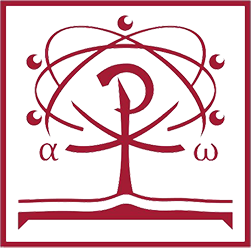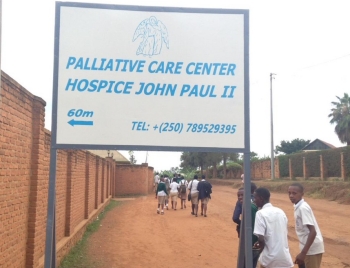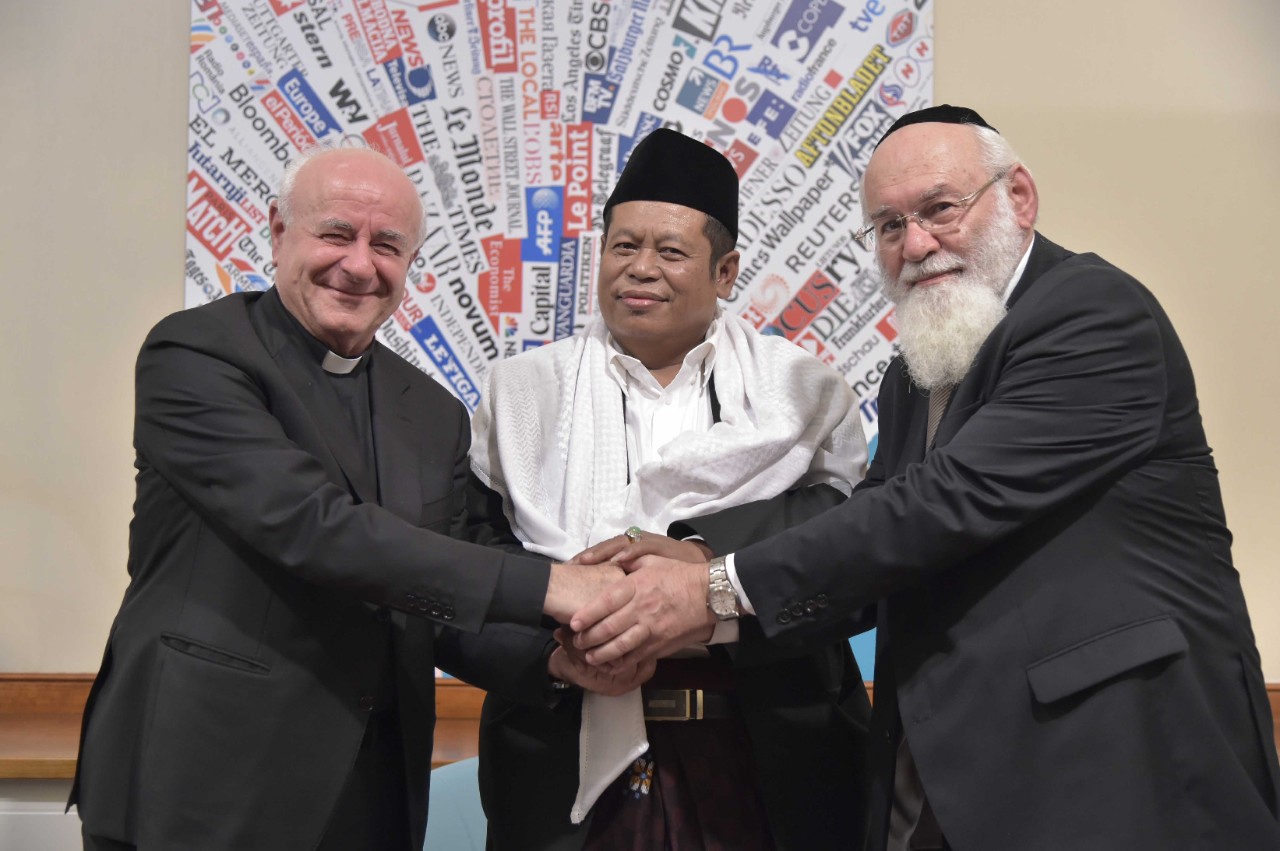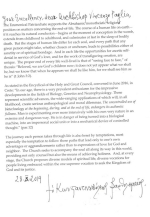ADDRESS OF HIS HOLINESS POPE FRANCIS TO THE NATIONAL FEDERATION OF THE ORDERS OF DOCTORS AND DENTAL SURGEONS - Clementine Hall - Friday, 20 September 2019
Letter from the Cardinal Secretary of State to Archbishop Vincenzo Paglia, President of the Pontifical Academy for Life, on the Occasion of the Palliative Care Conference Organized by the Academy - Rome, February 28, 2018
CONGREGATION FOR THE DOCTRINE OF THE FAITH DECLARATION ON EUTHANASIA - 1980
IV. DUE PROPORTION IN THE USE OF REMEDIES. Today it is very important to protect, at the moment of death, both the dignity of the human person and the Christian concept of life, against a technological attitude that threatens to become an abuse. Thus some people speak of a "right to die," which is an expression that does not mean the right to procure death either by one's own hand or by means of someone else, as one pleases, but rather the right to die peacefully with human and Christian dignity. From this point of view, the use of therapeutic means can sometimes pose problems. In numerous cases, the complexity of the situation can be such as to cause doubts about the way ethical principles should be applied. In the final analysis, it pertains to the conscience either of the sick person, or of those qualified to speak in the sick person's name, or of the doctors, to decide, in the light of moral obligations and of the various aspects of the case. Everyone has the duty to care for his or he own health or to seek such care from others. Those whose task it is to care for the sick must do so conscientiously and administer the remedies that seem necessary or useful. However, is it necessary in all circumstances to have recourse to all possible remedies? In the past, moralists replied that one is never obliged to use "extraordinary" means. This reply, which as a principle still holds good, is perhaps less clear today, by reason of the imprecision of the term and the rapid progress made in the treatment of sickness. Thus some people prefer to speak of "proportionate" and "disproportionate" means. In any case, it will be possible to make a correct judgment as to the means by studying the type of treatment to be used, its degree of complexity or risk, its cost and the possibilities of using it, and comparing these elements with the result that can be expected, taking into account the state of the sick person and his or her physical and moral resources.
In order to facilitate the application of these general principles, the following clarifications can be added:
- If there are no other sufficient remedies, it is permitted, with the patient's consent, to have recourse to the means provided by the most advanced medical techniques, even if these means are still at the experimental stage and are not without a certain risk. By accepting them, the patient can even show generosity in the service of humanity.
- It is also permitted, with the patient's consent, to interrupt these means, where the results fall short of expectations. But for such a decision to be made, account will have to be taken of the reasonable wishes of the patient and the patient's family, as also of the advice of the doctors who are specially competent in the matter. The latter may in particular judge that the investment in instruments and personnel is disproportionate to the results foreseen; they may also judge that the techniques applied impose on the patient strain or suffering out of proportion with the benefits which he or she may gain from such techniques.
- It is also permissible to make do with the normal means that medicine can offer. Therefore one cannot impose on anyone the obligation to have recourse to a technique which is already in use but which carries a risk or is burdensome. Such a refusal is not the equivalent of suicide; on the contrary, it should be considered as an acceptance of the human condition, or a wish to avoid the application of a medical procedure disproportionate to the results that can be expected, or a desire not to impose excessive expense on the family or the community.
- When inevitable death is imminent in spite of the means used, it is permitted in conscience to take the decision to refuse forms of treatment that would only secure a precarious and burdensome prolongation of life, so long as the normal care due to the sick person in similar cases is not interrupted. In such circumstances the doctor has no reason to reproach himself with failing to help the person in danger.



































































































































































































































